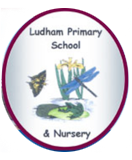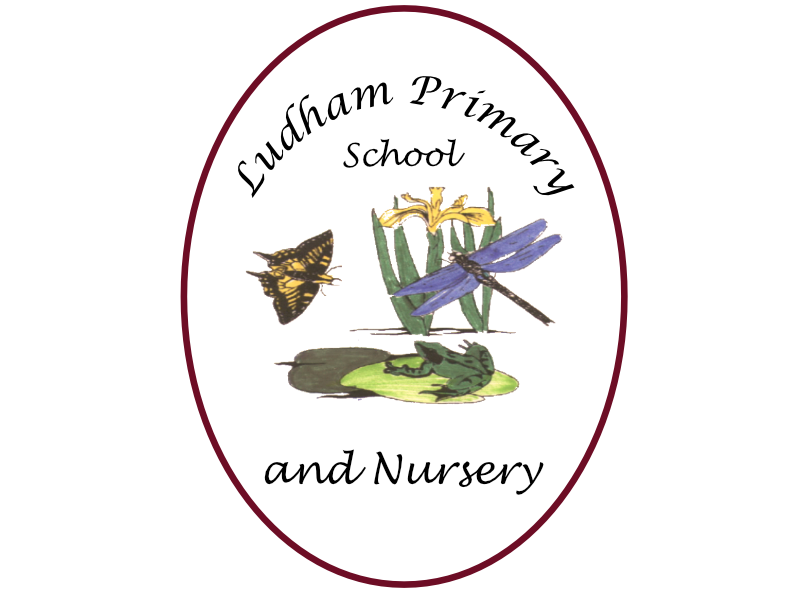INTENT -Why do we teach Geography?
At Ludham Primary School and Nursery, we are GEOGRAPHERS! We want our children to love geography! We want them to have no limits to what their ambitions are and grow up wanting to be cartographers, town planners, conservationists or weather forecasters. Our aim is that, through the teaching of Geography at Ludham, we provide a purposeful platform for exploring, appreciating and understanding the world in which we live and how it has evolved. We want to ensure that through Geography, pupils are able to explore the relationship between the Earth and its people through the study of place, space and environment. In Geography, pupils in our school will learn the skills of understanding locational knowledge; how and where people fit into its overall structure. We also intend for children to become passionate and knowledgeable about our local community and beyond, by learning through experiences in practical and fieldwork activities.
GEOGRAPHY – IMPLEMENTATION
At Ludham, Geography is taught every term for one hour per week. The subject is explicitly taught in years 1 to 6 and units are blocked to allow children to focus on developing their knowledge and skills, studying each topic in depth.
Our Geography curriculum is designed so that children start with ‘themselves’ and their school or local area before working out to areas or regions of the United Kingdom and the rest of the world. We have developed a progression of skills with each year group, which enables pupils to build on and develop their knowledge and skills each year. Cross-curricular links are planned for, with other subjects such as Maths, Writing, PSHE, History, and Computing being incorporated within geography lessons and the curriculum.
Location knowledge, fieldwork and map work are woven throughout the Geography topics. Effective use of educational visits, local fieldwork and visitors are planned, to enrich and enhance the pupil’s learning experiences within the Geography curriculum. In-depth fieldwork opportunities are greatly amplified throughout bespoke local area units where children go out into the field to conduct observations, surveys, investigations and field sketches. The use of maps and compasses enhances this experience.
At the start of each unit children will review previous learning and will have the opportunity to share what they already know about a current topic. In order to support children in their ability to know more and remember more, there are regular opportunities to review the learning that has taken place in previous units as well as previous lessons.
Children have access to knowledge organisers during each unit which detail some key information, key questions and vocabulary. This is not used as part of an assessment, but to support children with their acquisition of knowledge and are used as a reference document.
To support teaching, staff access a range of resources and planning including access to the Geographical Association. Effective CPD and standardisation opportunities are available to staff to ensure high levels of confidence and knowledge are maintained. These are done through regular discussions with the geography lead, whole-school moderation, staff meetings, phase meetings and CPD provided by VNET.
In geography lessons, children are given clear success criteria in order to achieve the Learning Intention with different elements of independence. Effective modelling by teachers ensures that children are able to achieve their learning intention, with misconceptions addressed within it. Through using a range of assessment tools, differentiation is facilitated by teachers, to ensure that each pupil can access the Geography curriculum.
Teachers use highly effective Assessment for Learning at different points in each lesson to ensure misconceptions are highlighted and addressed. Pupils are regularly given the opportunity for Self or Peer Assessment, which will then be used to inform planning, preparation, differentiation and address misconceptions within that lesson, or for the next lesson.
EYFS
The Early Years Foundation Stage Curriculum supports children’s understanding of geography, people and communities through the planning and teaching of ‘Understanding the World’. Geography is effectively taught through their wider curriculum lessons and through their enhanced learning provision and environment. Children learn about features of their own environment such as school, home, community and their city through first-hand experiences and learn how environments may differ through the sharing of books, stories, poems, small world play, role play and visits. Children enjoy the valuable experiences gained from our regular trips to places within their local community such as the library, park and local shops. Children are given time to discuss, comment and ask questions about what they observe about the world around them and are encouraged to be active learners and explore their interests further.
GEOGRAPHY – IMPACT
The impact of this geography curriculum design, will lead to outstanding progress over time across key stages relative to a child’s individual starting point and their progression of skills. Children will therefore be expected to leave Ludham reaching at least age-related expectations for Geography. Our Geography curriculum will also lead pupils to be enthusiastic Geography learners, evidenced in a range of ways, including pupil voice and their work. Upon leaving Ludham Primary School to embark on their journey to Key Stage 3 learning, children will be equipped with the skills, knowledge and understanding to confidently continue their geography learning journey.
Years 1 to 6 - Endpoints
Our children will become confident geographers with:
An enthusiasm for their local area and a curiosity for the world around them and the people who live there.
An excellent knowledge of where places are and what they are like, both in Britain and the wider world.
A comprehensive understanding of the ways in which places are interdependent and interconnected.
The ability to reach clear conclusions and explain their findings.
A growing understanding of how humans affect the planet and ways in which we can help.
We want children to question the impact of their learning and have posed the question ‘How does the world around us shape and enrich our lives?’
The key assessment criteria for geography have been devised in such a way that they can be applied to allow teachers to assess how well children are developing as geographers
Teachers may wish to supplement these key assessment criteria with other criteria if they feel that this adds value. In particular, teachers may wish to add some geography subject specific (knowledge) criteria.
In devising the key assessment criteria, consideration has been given to what is age appropriate in line with the key stage programmes of study.
These have been tested and evaluated by class teachers.
There is no suggestion that this is the only ‘correct’ sequence; but rather a suggestion to help teachers plan and assess.
Geography Knowledge Organisers


Tab Content





